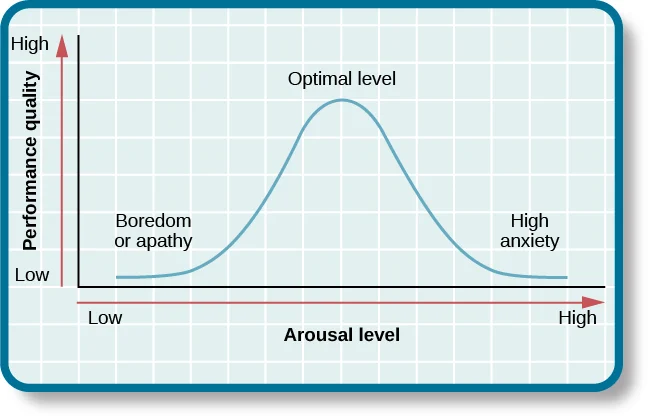Preventing Burnout at Work With Inner Boundaries
Learn how self-differentiation and healthy communication are key to limiting relational strain and preventing burnout at work.
Caregivers carry incredible emotional and logistical responsibility, which is important and fulfilling, but how much is too much?
One powerful concept that helps in preventing burnout at work is self-differentiation. Coined by family systems theorist Dr. Murray Bowen, self-differentiation means knowing where you end and someone else begins. It’s about being grounded in your own values, emotions, and decisions, even in the face of strong relational pressure.
I’m sure you’ve had the feeling of so many opinions and expectations coming at you, and the desire to please others even when it doesn’t quite fit your needs.
I have spent many years in leadership and teaching spiritual care, often standing with people in moments of crisis. Over the years, I’ve come to lean heavily on systems theory to understand the hidden emotional currents beneath caregiving and conflict.
In church and parish settings, especially, where spiritual language sometimes masks emotional over-functioning, I found Bowen’s insights invaluable. They helped me understand that, at very difficult and stressful times in work relationships, I wasn’t failing. Rather, I was enmeshed in systems with unrealistic expectations and no inner clarity for how and why I needed to stand my ground.

How self-differentiation helps to prevent burnout
When caregivers become overly responsible for the emotions, behaviours, or outcomes of those they care for, they lose their center. Boundaries blur, resentment grows, and burnout becomes inevitable.
I keep thinking about the line: “Resentment indicates a lack of clear boundaries.” So good. And a reminder to me that the only person who can set my limits is me.
Here’s the key you can practice in your care: Be clear and specific about your role. You are responsible for your words, choices, and care, but not for managing anyone else’s reactions or decisions.
How you can set healthy boundaries in your workplace:
These same patterns show up with bosses and co-workers. If you’re the go-to person who always picks up the slack, mediates tension, or absorbs work stress – without clear boundaries – you’re likely on the road to burnout.
Healthy work relationships rely on clear communication, accountability, and emotional regulation. When leaders lack self-differentiation, they may offload pressure or react emotionally. When teams avoid conflict or triangulate (talk to others about someone instead of to them), trust erodes. Whether in an office, hospital, church, or nonprofit, emotional systems are always at play.
A trap that leads to work anxiety:
Unhealthy triangulation. This happens when someone talks to everyone except the person responsible for the issue. Instead of going directly to the source, frustrations are vented sideways. I saw this often in Christian ministry teams and when caring for families. Talking to others instead of the source only makes problems more tangled and harder to solve. Unfortunately, sometimes you don’t feel safe to go to the person at the center of the conflict. That’s real. It’s not your fault. Try and get help to navigate this challenging dynamic.
Healthy caregiving means:
– Naming your limits
– Avoiding blame and gossip
– Going to the source
– Letting others own their part
These practices strengthen your resilience, your identity, your integrity, and also your relationships within the community of care.
Self-differentiation means you can stay connected to others without losing yourself. You can be present and compassionate without over-functioning. That’s where freedom and sustainability live.

Further Reading:
Bowen Family Systems Theory: Differentiation of Self – The Bowen Center
American Psychological Association: Avoiding Burnout
Psychology Today: Boundaries and Burnout
If you’re a caregiver feeling lost in procrastination, overextended, or unsure where you went amid everything, you can develop the skills to become healthier in your relationship with yourself and others.
I work with professional and personal caregivers ready to reconnect with themselves and their purpose. Feel free to reach out for a free consult if you need support.
To read more about stress leave, read this post.
Erika Mills, RP, CASC/ACSS, Supervisor-Educator
Erika Mills is a registered psychotherapist specializing in burnout recovery, moral injury, and identity collapse in helping professionals. She created The Cost of Care™ framework to guide professionals from depletion to restored purpose. Serving clients in Ontario (psychotherapy) and across North America (coaching), Erika blends evidence-based therapy, ethics, and psychospiritual care to support sustainable recovery.






